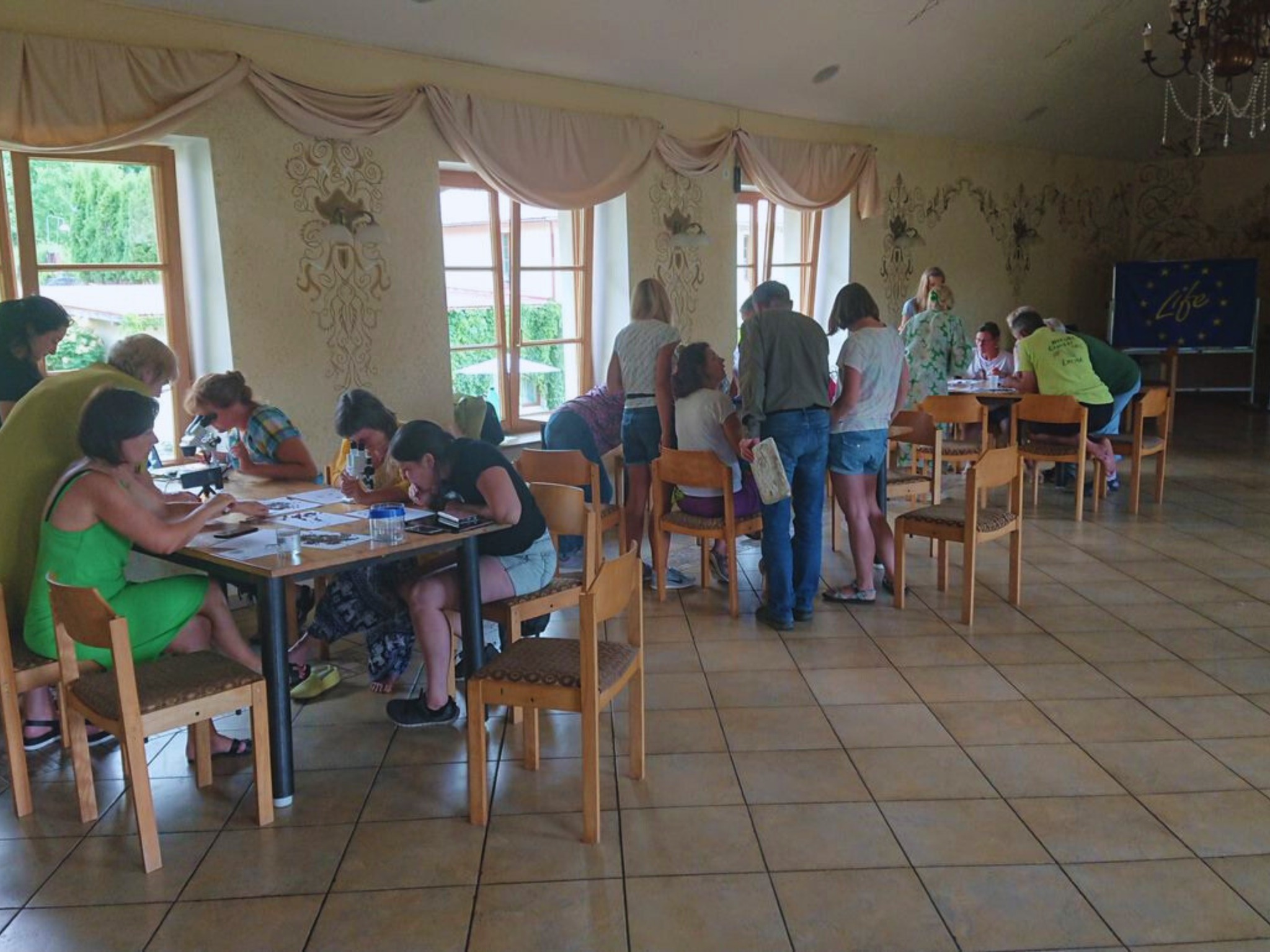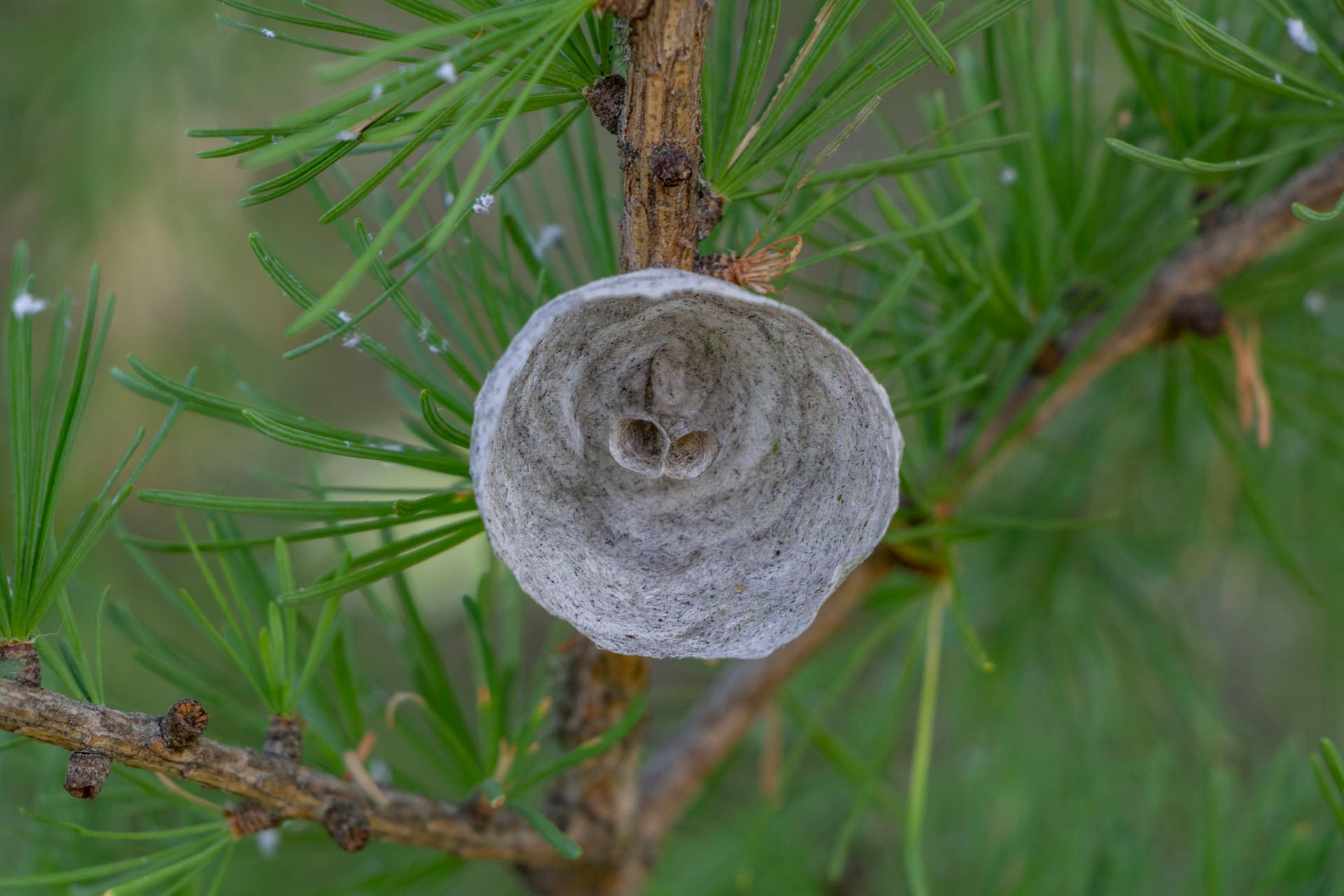Seminar on Insect Diversity Successfully Completed
On June 28th and 29th, a training session on insect diversity was held as part of the LIFE for Species project. The training seminar was organized to educate experts on invertebrate diversity and conservation.
During the training, the experts in invertebrate biology from the LIFE FOR SPECIES project, Nikolajs Savenkovs and Uģis Piterāns, provided insights into the diversity, identification, and conservation of invertebrates. They introduced various freely accessible resources used for insect identification and research.
The participants had the opportunity to explore and try out different terrestrial and aquatic invertebrate research methods during practical sessions. They also learned the principles of invertebrate species identification in an improvised laboratory setting.
Using pheromone traps, the participants made a significant discovery during the practical sessions - the glass-winged moth Sesia bembeciformis. This finding marked only the second time this species has been recorded in Latvia and the first time in the Vidzeme region.
Invertebrates represent the most diverse group of living organisms in terms of species count. One of the major challenges in their conservation is the lack of data on their distribution and a shortage of specialists. Therefore, the goal of this seminar was to enhance the knowledge of naturalists in invertebrate biology, thus improving the content of nature exploration events and fostering greater public interest and involvement in invertebrate conservation.
Photos: Andris Soms, Jēkabs Dzenis
The participants in the training represented various nature centers and institutions, including the Nature Conservation Agencies nature centers, the National Botanic Garden, the Latvian State Forests, the Liepāja Science and Education Innovation Center's Nature House, the Latvian National Museum of Natural History, and the nature technology park URDA. They also collaborated on an idea workshop to brainstorm and develop new nature exploration events centered around invertebrate conservation and diversity.
Photos: Andris Soms


















